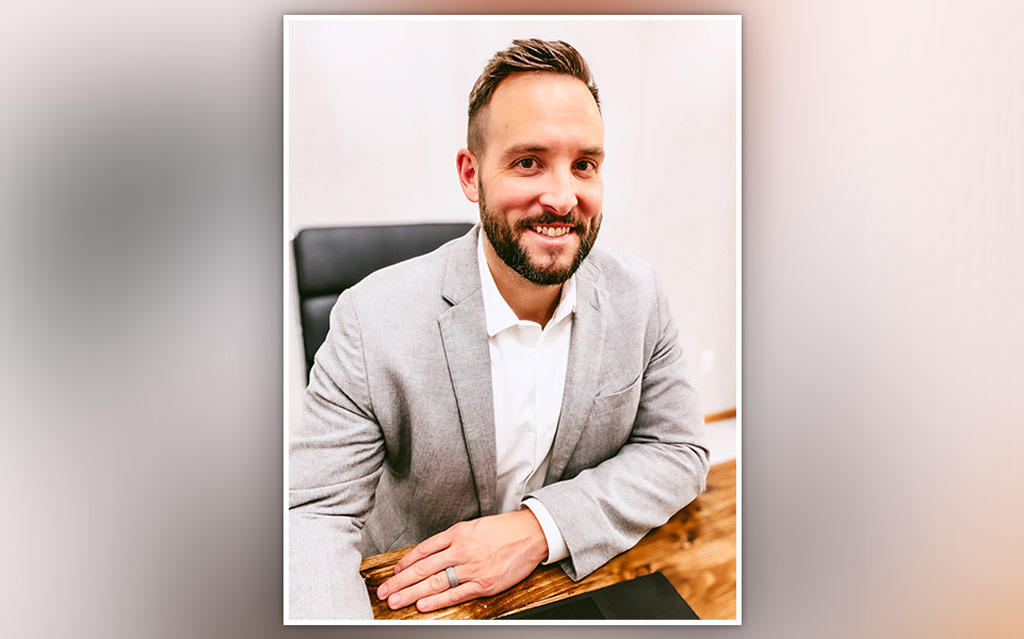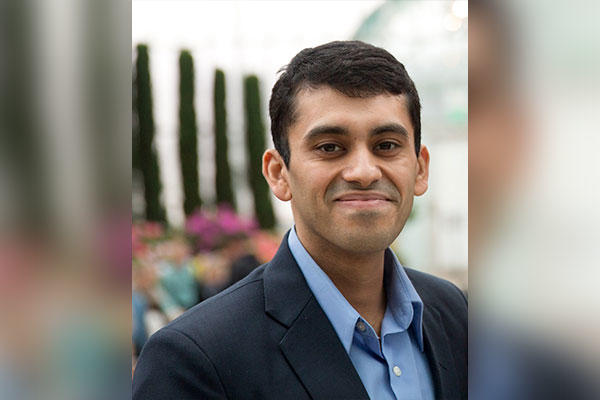Pharmacists Bridge Gap Between Mental Health Care and Primary Health Care Systems
April 15, 2016

MINNEAPOLIS/ST. PAUL — A 53-year-old man from northern Minnesota had been seeing his mental health doctor for years, but never received care from a primary care doctor. When the man noticed heart-related side effects from his medications, it was time for him to seek primary care. But since he had never seen a primary care doctor in his lifetime, the process of setting up an appointment, sitting in the waiting room and seeing a new doctor was overwhelming.
Mark Schneiderhan, PharmD, a Board Certified Psychiatric Pharmacist, and an associate professor in the College of Pharmacy in Duluth, says the process of going to a primary care doctor can prevent mentally ill patients from seeking primary care, an essential piece to their overall health care.
“For those with mental illnesses, going to a primary care doctor can be overwhelming, especially for those who have never seen a medical doctor before,” Schneiderhan said. “Seeing doctors in separate health systems can be challenging to both patients and healthcare providers. Communications across systems are often lacking and many anxious people can’t tolerate waiting.”
Even so, Schneiderhan says it’s extremely important that those with mental illnesses see a primary care doctor in addition to their mental healthcare provider. Some medications that treat severe mental illnesses can cause major side effects, like cardiovascular problems.
According to a study by Schneiderhan, pharmacists can help keep tabs on the overall health of those with mental illnesses.
The study found that when pharmacists provided point-of-care screenings, such as diabetes, blood pressure and cholesterol checks, along with comprehensive medication management, pharmacists were able to track patients’ overall health and assist their primary provider in tailoring medications to the patients’ specific needs. This led to a significant increase in the likelihood of identifying other health issues.
At his clinic, Schneiderhan sits down with each patient and reviews the patient’s lifestyle and health symptoms. He develops individualized treatment plans with the patient and manages their mental health medications under a collaborative practice agreement with the psychiatrists at the clinic. He encourages yearly medical check-ups if patients haven’t had one in a while. He also reviews allergies and medication lists, orders laboratory tests that require special monitoring, and if necessary, communicates these findings to the patient’s primary care provider.
This active role means Schneiderhan is a key player on the patient’s care team. If the patient seems uneasy about the primary care appointment, he’ll attend the appointment with his patient and act as an advocate for them.
While this approach has shown to benefit patients, Schneiderhan says there is a shortage of primary care and mental health care providers. Schneiderhan hopes one day that the health care system will include and provide recognition for pharmacists to play an active role in the mental health care field and that this hands-on approach will help connect the primary care and mental health care fields.
“I’m hoping that pharmacists can help bridge that gap,” Schneiderhan said.
(Originally published on Health Talk)


